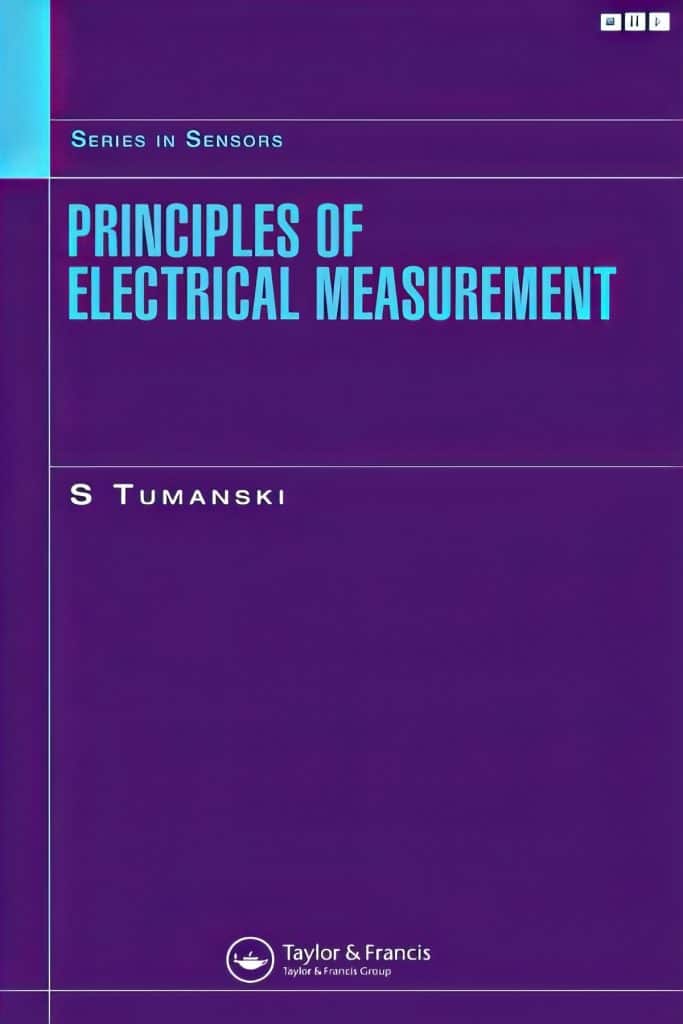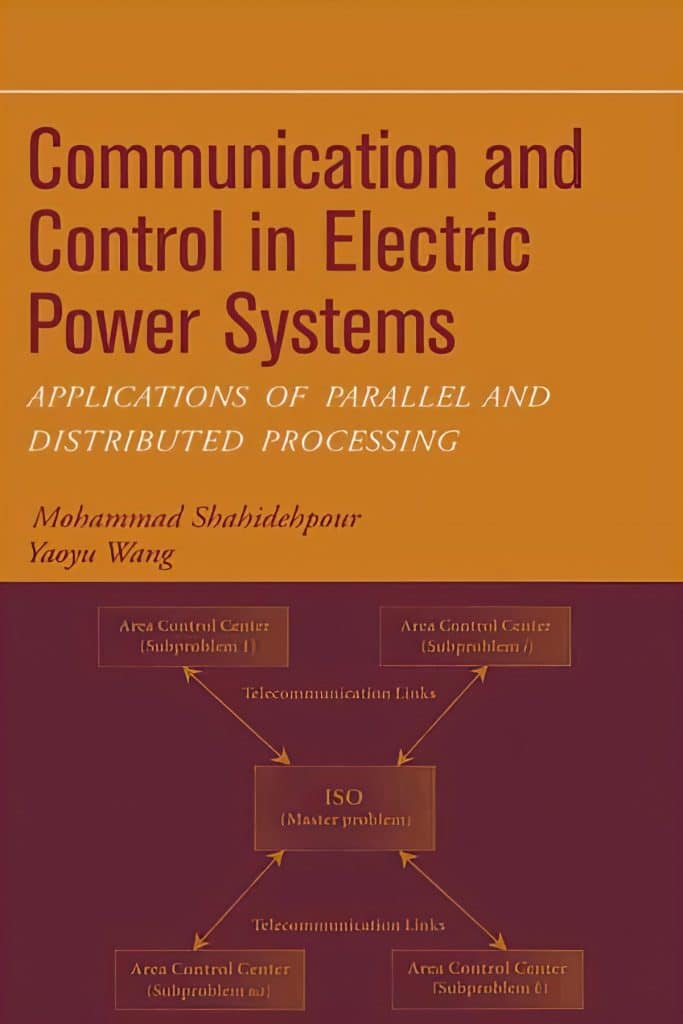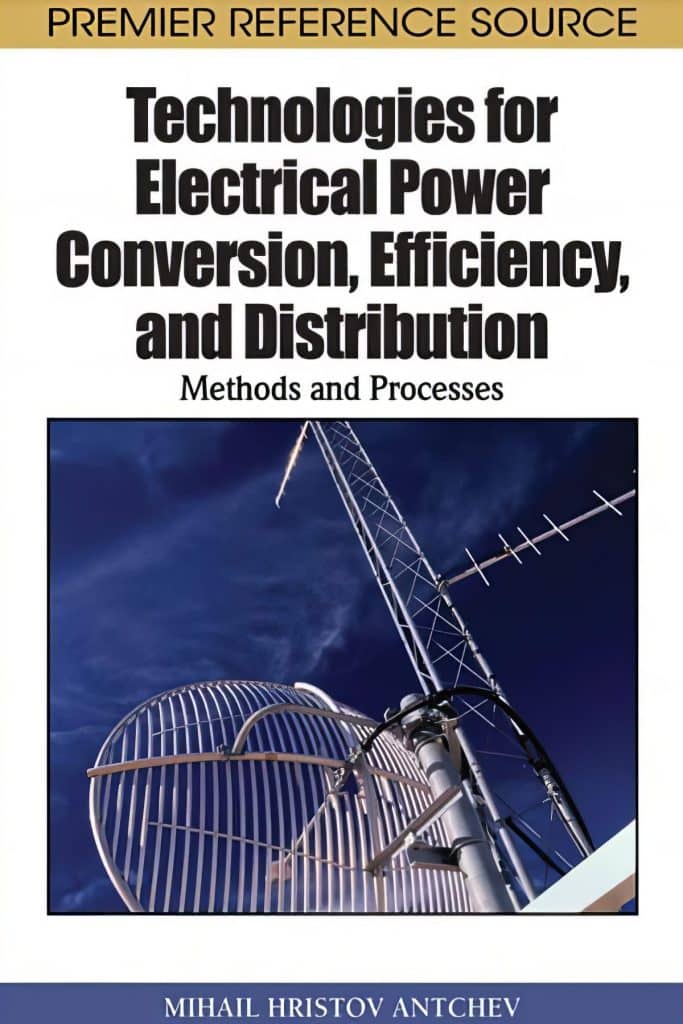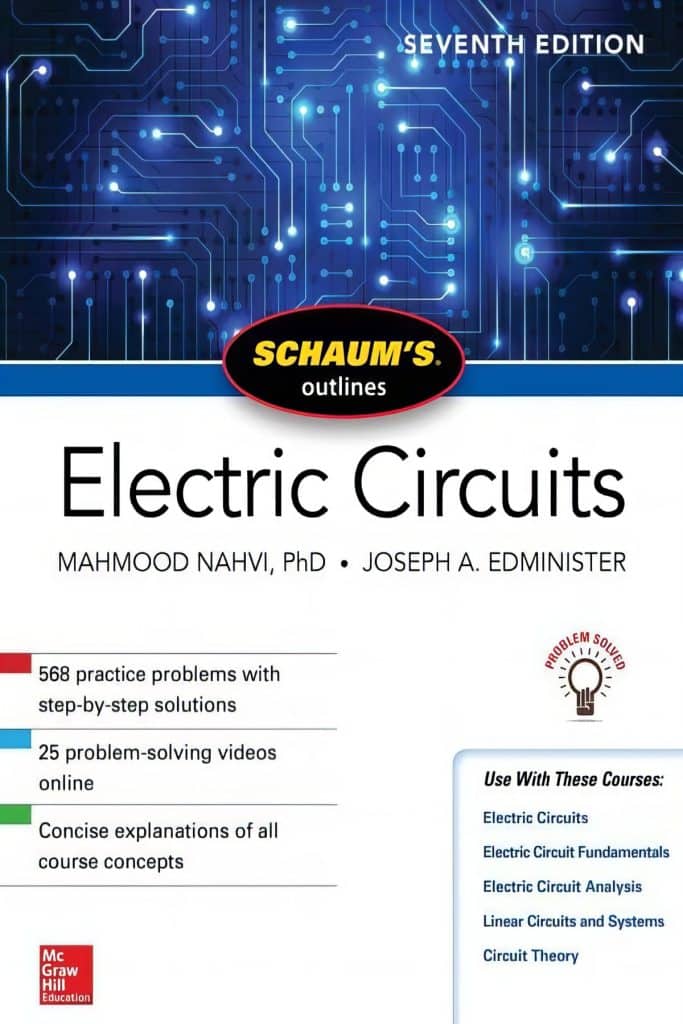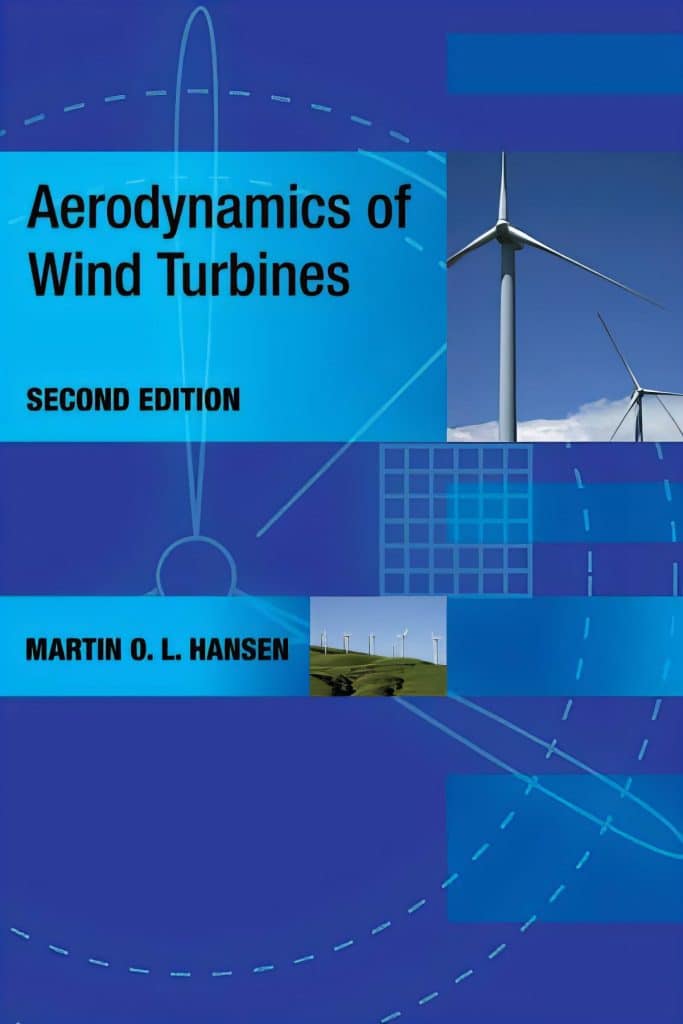The study of Principles Of Electrical Measurement Pdf For Free offers students, researchers, and professionals a valuable resource for understanding the core concepts of measuring electrical quantities. Electrical measurement is a branch of electrical engineering that focuses on techniques, standards, and tools for evaluating parameters like voltage, current, resistance, capacitance, inductance, and power. These principles form the foundation of electrical systems used in industries, laboratories, and day-to-day applications. By studying these concepts, learners gain a structured approach to understanding how electrical instruments work, why calibration matters, and how to interpret experimental results accurately. The availability of such material in pdf format makes it more convenient for learners who need reliable, free study references.
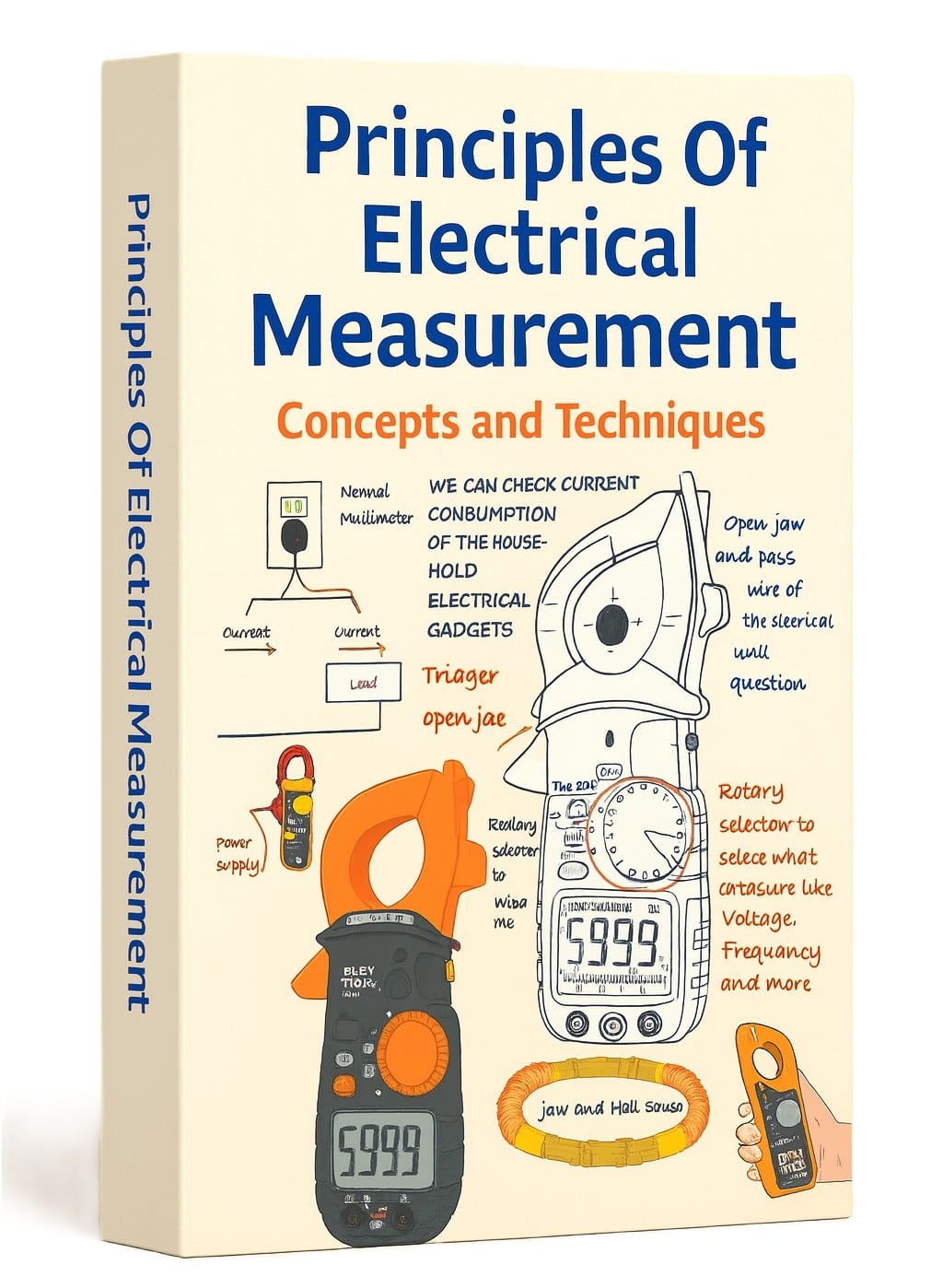
Watch the video below to learn how to wire and control a fan using two way switches.
Importance of Electrical Measurement in Engineering
Electrical measurements are not just academic exercises but real-world practices critical in design, operation, and troubleshooting of systems. For instance, the accuracy of a digital multimeter or the calibration of a wattmeter directly impacts the reliability of industrial machines. Engineers rely on standards such as the International System of Units (SI units) and codes set by organizations like the IEC (International Electrotechnical Commission) to ensure consistency in their measurements. Without precise measurement, power plants, communication networks, and medical devices would face serious performance issues. This shows why resources like Principles Of Electrical Measurement Pdf For Free are essential for both learning and professional reference.
Basic Quantities in Electrical Measurement
Understanding electrical measurement starts with the three fundamental quantities: voltage (V), current (I), and resistance (R). Together, they follow Ohm’s Law, which states that V = IR. Beyond this, other quantities such as power (P), energy (E), capacitance (C), and inductance (L) play critical roles in analyzing circuits. For example, measuring resistance with an ohmmeter ensures proper material testing, while power measurement with a wattmeter is central in evaluating load performance. Each measurement relies on instruments that require calibration and standardization. The Principles Of Electrical Measurement Pdf For Free highlights how these parameters are interconnected and why mastering their measurement is vital for applied electrical science.
Helpful engineering guide : Instrumentation And Measurement In Electrical Engineering Pdf For Free
Instruments for Electrical Measurement
Different instruments are used for different types of electrical measurement, broadly categorized into analog and digital devices. Analog instruments like the galvanometer, ammeter, and voltmeter are based on mechanical deflection, while digital instruments provide faster and more precise readings with electronic displays. Specialized tools like oscilloscopes allow visualization of waveforms, while transformer-based wattmeters measure real and reactive power. Calibration is necessary to ensure accuracy, often performed against reference instruments maintained in standards laboratories. By studying the Principles Of Electrical Measurement Pdf For Free, students can better understand the working principles of these devices and their limitations in different scenarios.
Standards and Calibration in Measurement
No measurement system is complete without reference standards. International bodies such as the Bureau International des Poids et Mesures (BIPM) ensure the traceability of units like the volt, ampere, and ohm. Calibration procedures, often based on ISO/IEC 17025, confirm that measuring instruments comply with accepted standards. A simple example is calibrating a voltmeter against a standard cell. This ensures accuracy when measuring sensitive devices like sensors in aerospace or medical applications. The Principles Of Electrical Measurement Pdf For Free explains how standardized measurement practices help engineers compare results across different labs and industries without discrepancies.
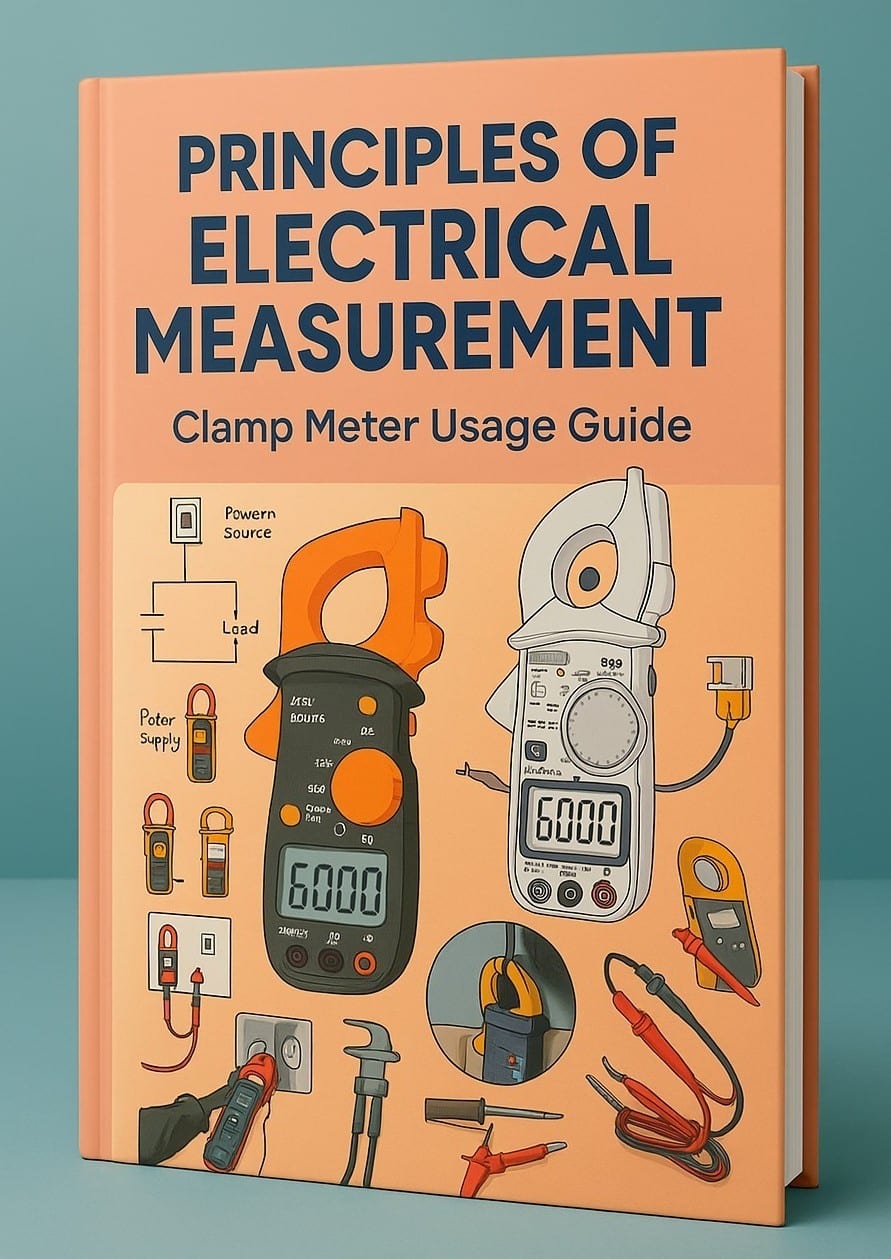
Error and Uncertainty in Measurement
Every measurement contains some degree of error. Errors may be systematic, caused by faulty instruments or environmental conditions, or random, due to unpredictable variations. Engineers analyze these uncertainties using statistical methods, such as calculating the standard deviation of repeated measurements. For example, when measuring current in a high-frequency circuit, stray capacitance may introduce error. Understanding and minimizing these errors is crucial in scientific research and industrial processes. The Principles Of Electrical Measurement Pdf For Free discusses error analysis in depth, making it a practical guide for conducting reliable experiments.
Applications in Power Systems
Power system engineers frequently use measurement principles to monitor and optimize electricity distribution. Instruments like phasor measurement units (PMUs) and smart meters rely on accurate measurement techniques to ensure grid stability. For instance, measuring reactive power helps in maintaining proper voltage levels in transmission systems. The importance of reliable instruments is evident during energy audits, fault detection, and system optimization. By accessing the Principles Of Electrical Measurement Pdf For Free, learners can explore these real-world applications and gain insights into how theory is applied in practice.
Beginner’s guide to : Electrical Power Transmission System Engineering 3rd Edition Pdf For Free
Applications in Electronics and Communication
Electrical measurement is equally important in the fields of electronics and communication engineering. Devices like spectrum analyzers, frequency counters, and signal generators are used in designing communication circuits. For example, ensuring the correct modulation of a radio transmitter requires precise frequency and amplitude measurement. Similarly, semiconductor testing relies on accurate voltage and current measurement at microampere and millivolt levels. These advanced applications underline the role of Principles Of Electrical Measurement Pdf For Free in bridging fundamental theory with modern engineering practices.
Electrical Measurement in Industrial Automation
Automation and control systems depend heavily on sensors and transducers, which convert physical quantities into electrical signals. For example, a strain gauge measures mechanical stress by changing resistance, while a thermocouple measures temperature by generating a voltage proportional to heat. These sensors feed into programmable logic controllers (PLCs) for industrial monitoring. Without precise calibration, automated systems would fail to operate safely. The Principles Of Electrical Measurement Pdf For Free provides practical insights into how measurement principles support automation, making it indispensable for modern industry.
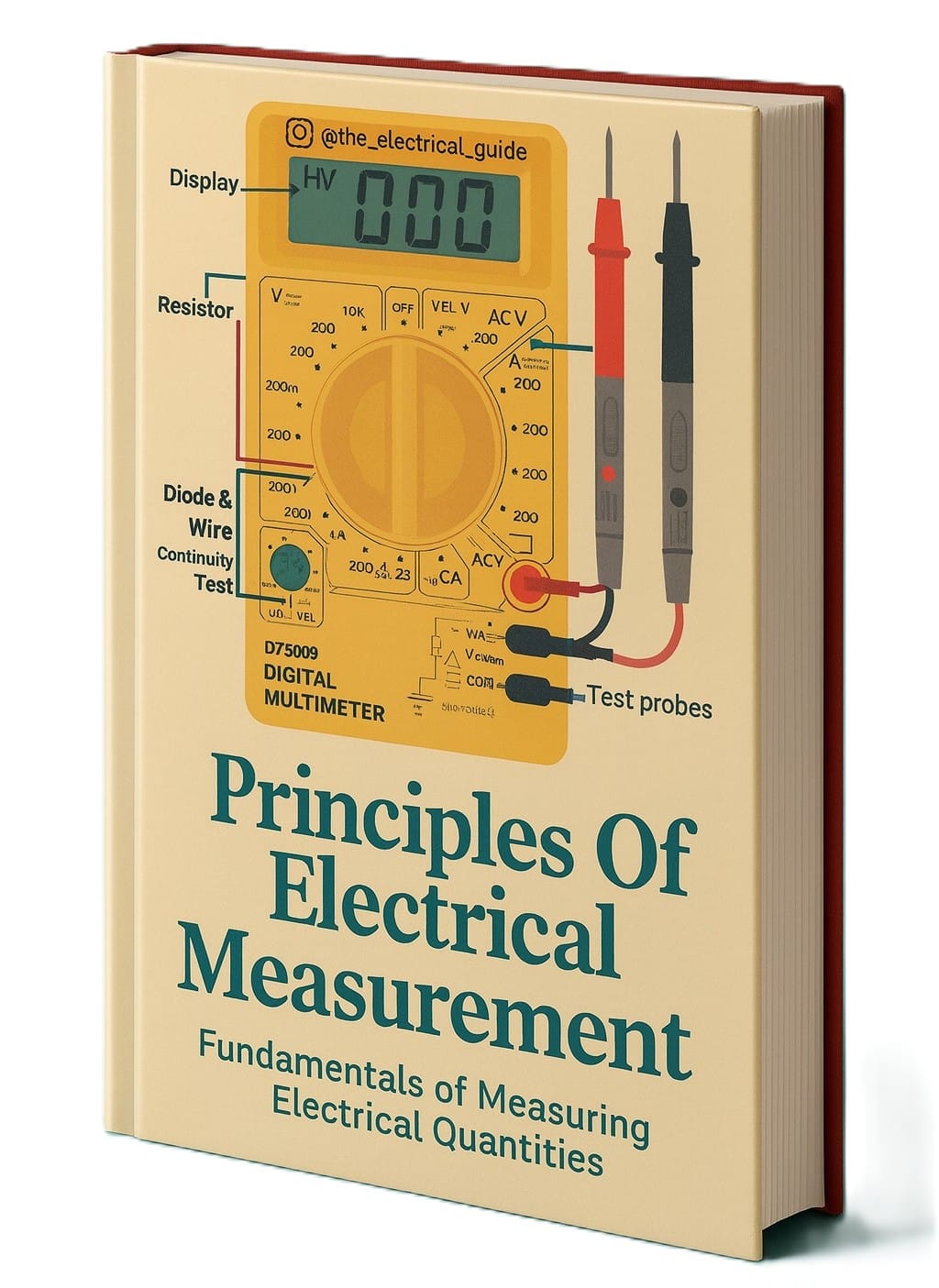
Educational Relevance of Electrical Measurement
For engineering students, mastering electrical measurement is essential before progressing to advanced topics like power electronics, control systems, and signal processing. Laboratory courses often emphasize experiments involving basic instruments, error analysis, and calibration exercises. By downloading and studying the Principles Of Electrical Measurement Pdf For Free, students gain structured material that complements textbooks and lab manuals. This helps them build strong foundations in both theoretical and practical aspects of measurement science.
Advanced insights on : Electrical Craft Principles Volume 2 5th Edition Pdf For Free
Role of Digital Technology in Modern Measurement
The shift from analog to digital measurement has transformed the field significantly. Microcontrollers, embedded systems, and digital signal processors (DSPs) are now integral to instruments like digital oscilloscopes and clamp meters. These advancements improve accuracy, data storage, and real-time analysis. For example, automated calibration systems use computer algorithms to adjust measurement ranges automatically. The Principles Of Electrical Measurement Pdf For Free emphasizes how these digital technologies complement traditional instruments, helping learners adapt to the demands of modern engineering.
Future Trends in Electrical Measurement
Emerging technologies like smart grids, renewable energy systems, and IoT-based sensors will continue to expand the role of electrical measurement. For instance, measuring microgrid efficiency requires advanced instruments capable of monitoring distributed energy sources in real time. Similarly, wireless sensor networks in smart homes rely on precise voltage and current measurement for energy optimization. By studying the Principles Of Electrical Measurement Pdf For Free, readers can anticipate these trends and prepare for innovations that will shape future engineering applications.

